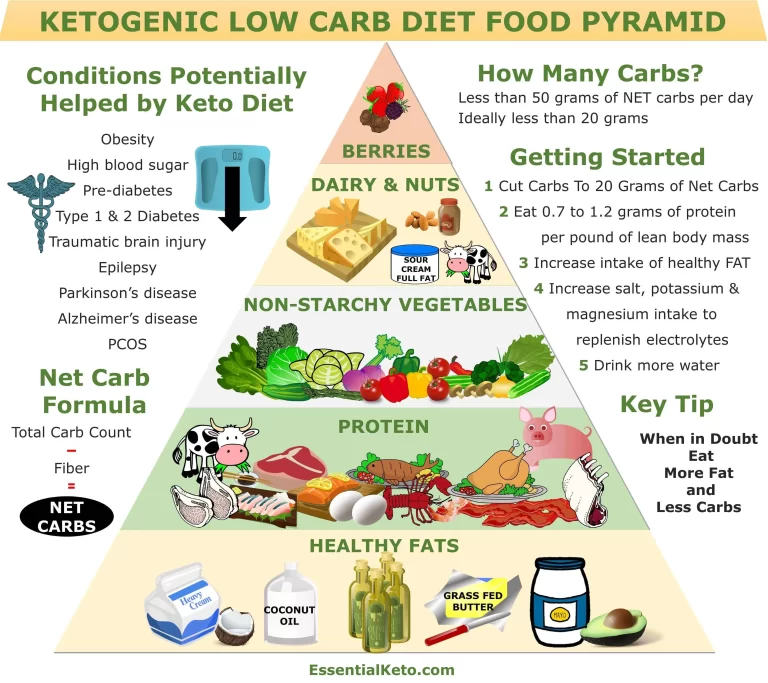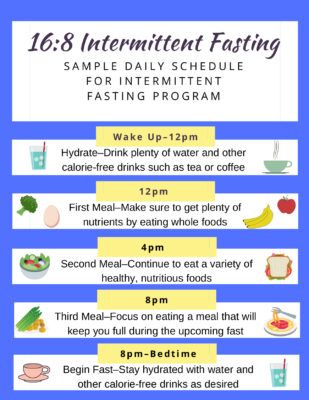Metabolism plays a vital role in weight management. It refers to the countless chemical reactions that occur within our bodies
to convert food into energy. Understanding the science behind metabolism can help individuals make informed choices when it
comes to maintaining a healthy weight.
Basal Metabolic Rate (BMR)
Basal Metabolic Rate (BMR) represents the number of calories our bodies burn at rest to perform basic functions such as breathing,
circulating blood, and cell production. Calculating BMR is essential for understanding how many calories one needs to consume
and expend to maintain, gain, or lose weight.
Factors Affecting Metabolism
Several factors influence an individual’s metabolism:
Age
Metabolism tends to slow down with age. As we get older, the amount of muscle decreases, while the proportion of fat increases.
Since muscle burns more calories than fat, this decrease in muscle mass slows down our metabolic rate.
Body Composition
The amount of muscle mass and body fat can significantly impact metabolism. Those with a higher proportion of muscle generally
have a higher BMR, as muscle requires more energy for maintenance and growth.
Gender
Men typically have a higher BMR compared to women. This is because men generally have more muscle mass and a lower body fat percentage.
However, individual variations exist, and metabolism is not solely determined by gender.
Physical Activity
Regular exercise is essential for maintaining a healthy weight. Physical activity boosts metabolism, as it increases the number
of calories burned by the body. Engaging in both cardiovascular exercises and strength training can have positive effects on
metabolism.
Impact of Diet on Metabolism
The type and quantity of food we consume significantly impact our metabolic rate. Here are a few essential aspects to consider:
Thermic Effect of Food (TEF)
Every time we eat, our body expends energy to digest, absorb, and transport the nutrients from the food. This energy expenditure
is known as the Thermic Effect of Food (TEF). Certain foods, such as protein-rich foods, have a higher TEF, meaning they require
more energy to digest, resulting in a slight boost to metabolism.
Meal Frequency
Contrary to popular belief, a higher meal frequency (eating smaller, more frequent meals) does not necessarily increase metabolism.
What matters more is the overall calorie intake throughout the day. Balancing calorie consumption and expenditure remains crucial.
Macronutrient Composition
The ratios of carbohydrates, fats, and proteins in our diet also impact our metabolic rate. Protein has a higher thermic effect
and helps preserve and build muscle mass, which can contribute to a higher BMR. Carbohydrates and fats are also necessary for
energy, but excessive consumption without sufficient physical activity can lead to weight gain.
Metabolic Disorders
Metabolism disorders can contribute to weight gain and difficulty in weight management. Some common metabolic disorders include:
Hypothyroidism
Hypothyroidism is a condition where the thyroid gland does not produce enough thyroid hormones. This can result in a decreased
metabolic rate, leading to weight gain and fatigue. Treatment involves medication to restore hormone levels.
Polycystic Ovary Syndrome (PCOS)
PCOS is a hormonal disorder that affects women, often leading to weight gain and difficulty losing weight. Managing insulin
levels and regular exercise can help regulate metabolism in individuals with PCOS.
Tips for Healthy Weight Management
Here are some tips to maintain a healthy weight through effective metabolism management:
Eat a Balanced Diet
Focus on consuming a variety of nutrient-dense foods, including whole grains, lean proteins, fruits, and vegetables. This helps
provide essential nutrients and supports a healthy metabolism.
Engage in Regular Physical Activity
Perform a combination of cardiovascular exercises like running, swimming, or cycling and strength training exercises. Regular
physical activity helps increase metabolic rate and burn calories.
Get Sufficient Sleep
Lack of sleep can disrupt hormone regulation, including those involved in appetite control and metabolism. Aim for 7-8 hours
of uninterrupted sleep each night.
Stay Hydrated
Drink an adequate amount of water daily to support metabolic processes. Avoid sugary beverages and prioritize water consumption.
Conclusion
Understanding the science behind metabolism and weight management empowers individuals to make informed choices for a healthy
lifestyle. Several factors influence metabolism, and adopting healthy habits such as regular exercise, balanced nutrition, and
sufficient sleep can help maintain a healthy weight.









